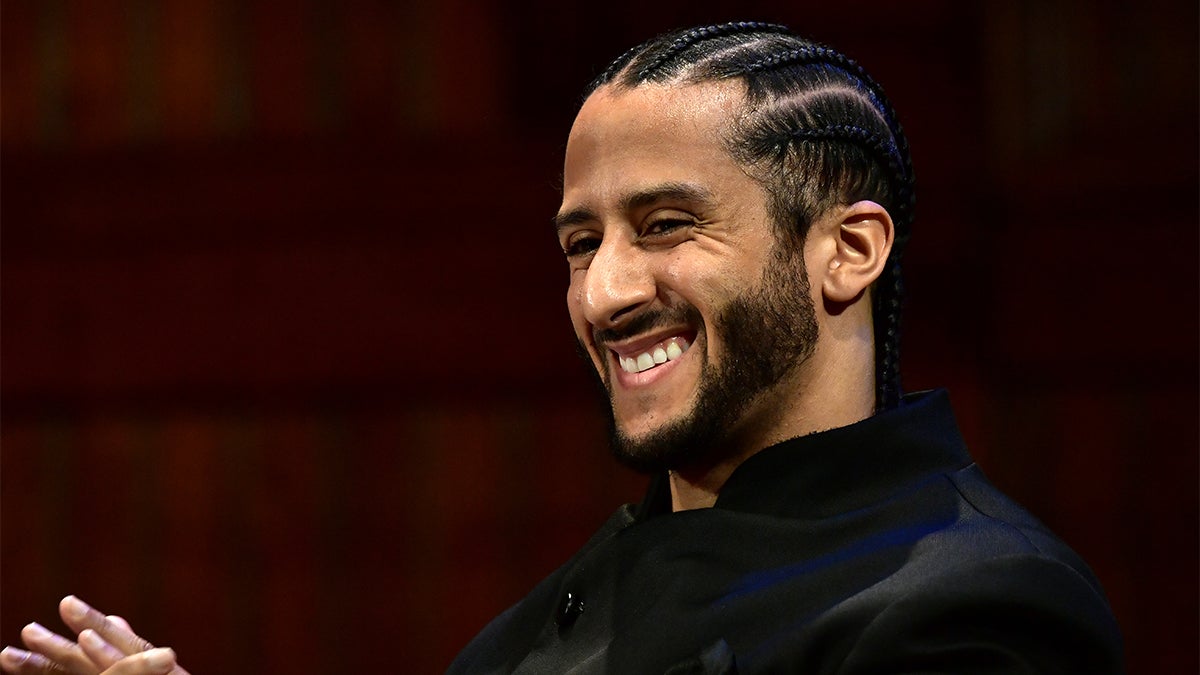Kaepernick-NFL case a model for why business crises should be resolved quickly

What should we all learn from the Feb. 15 settlement of the Colin Kaepernick and Eric Reid collusion lawsuit against the NFL? It is that in a business crisis, closure is good and early closure is better.

In Mark Leibovich’s 2018 book, “Big Game: The NFL in Dangerous Times,” he writes that former NFL Commissioner Paul Tagliabue was fond of saying, “all’s well that ends.” Tagliabue’s counter to the Shakespearean positive ending goal is striking. From the NFL standpoint, this is a very productive mantra, although not always lived up to. Finality is important, even if that finality is not couched as ending well. What is not incorporated in that quote is the need for all to end and end rapidly. That is what was absent in last week’s settlement of the Kaepernick/Reid suit. The end was delivered in a jointly issued statement from the Kaepernick and Reid legal team and the NFL:
“For the past several months, counsel for Mr. Kaepernick and Mr. Reid have engaged in an ongoing dialogue with representatives of the NFL. As a result of those discussions, the parties have decided to resolve the pending grievances. The resolution of this matter is subject to a confidentiality agreement so there will be no further comment by any party.”
Despite prognostications the weekend following the settlement, that really is all that we know. The collusion case is settled and the case at hand ended. The weekend and beyond has been spent by many guessing the why and who won? Whether or not Kaepernick will sign with anyone? And what dastardly information on the NFL was uncovered? The reality: We don’t know. People who know better than me say we will never know. I suspect, that in this age of no more secrets, we will, sooner or later, have a better idea of the terms of the agreement and the presence of any smoking guns. In reality, we do not know who won and who lost because we do not know what evidence was revealed among the parties. We also don’t know what each party knew and did not reveal.
In the broadest sense, Tagliabue grasped the problem is not so much that controversies strike the NFL — or any of us. That will be the case with any enterprise. More than most enterprises, however, controversies are a regular part of the NFL game: concussions, player and owner disputes, politics, crime, drugs and calls by game officials. Every controversy that drags on has its impact on the NFL magnified. Almost universally, these problems have less impact on the business if resolved rapidly. Almost secondarily is whether the resolution is the correct one.
One crisis communication tool you learn in business school is to react rapidly, decisively, admit any fault, apologize and get back to business. Maybe the most referenced case in this context is the Extra Strength Tylenol scare. In 1982, seven people died after consuming cyanide-laced Tylenol purchased from Chicago store shelves. The market share the Johnson & Johnson product held, like that of the NFL, was huge. That share was greater than the next four competing pain relieving drugs on the market combined. The pharmaceutical giant had much to lose by moving slowly or taking no action at all.
Rather than pursuing litigation seeking to be relieved of wrongdoing, embarking on a campaign of “it’s not our fault” or adopting an approach of “we are investigating and will get back to you,” J&J lost millions by recalling all of the product from store shelves, issuing national warnings saying don’t take Tylenol and establishing a sort of therapeutic hotline for concerned consumers. Business students who have studied this case over the decades have learned this rapid response to crisis is the correct path.
Decisive rapid action leads to closure and certainty. Stock markets, generals, defensive coordinators and just about everyone other than chaos theory disciples want certainty. This meshes squarely with the Tagliabue theorem. Once there is certainty, planning and subsequent decisions can be made more effectively. The reality, or course, is this may have been the first moment the parties were able to reach a settlement. This extended crisis may have been as short as all of the factors would allow. We should add this settlement’s timing issue to the amount, terms and who won, on the list of items we may never know.
Kenneth L. Shropshire is the CEO of the Global Sport Institute and adidas Distinguished Professor of Global Sport as Arizona State University and Endowed Professor Emeritus at the Wharton School, University of Pennsylvania. Among his 13 books is Sport Matters: Leadership Power and the Quest for Respect in Sports
Related Articles
Kaepernick, NFL settle collusion case
After initial fury, Nike’s Colin Kaepernick ad ‘well received’
Yale sociologist: Colin Kaepernick, Lebron James important role models
Extending Kaepernick bold, controversial move by Nike
New poll: Majority of Americans support athletes’ right to take a knee
Protesting athletes may have a case under First Amendment
Athlete activism is on the rise, but so is the backlash
Adidas exec on the future of sport, society and Kaepernick


